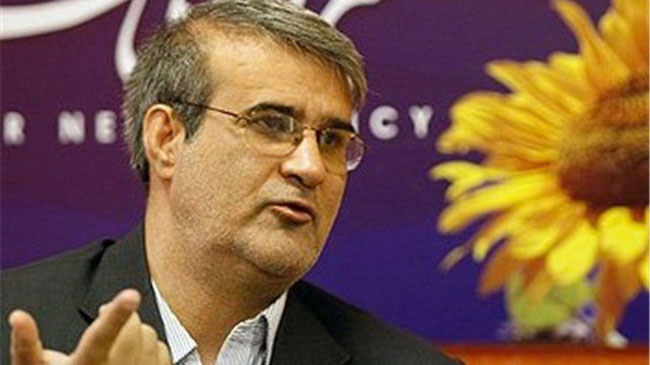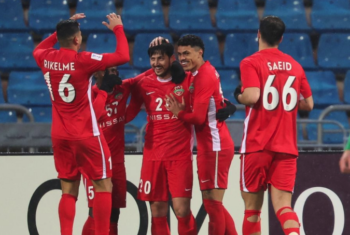Iranian soccer sees cash boon from lifting of sanctions

Eurosport – TEHRAN, A deal to lift international sanctions on Iran will transform soccer in the Islamic Republic, opening the door to foreign investment, international transfers and the release of World Cup prize money, according to the boss of one of the country’s leading clubs.
Iran and six major world powers reached an agreement this week imposing limits on Tehran’s nuclear programme in return for the unblocking of more than $100 billion of Iranian assets frozen abroad. Mansour Ghanbarzadeh, chief executive of club side Naft Tehran, told Reuters in an interview that some of that money belonged to the Iranian Football Federation. “Everybody claims that sport should be away from politics but in reality football in Iran was under sanction,” he told Reuters in Singapore via a translator on Thursday. “We have not received anything in the past two years from FIFA. One figure was about $10 million subsidy for qualifying for the World Cup. The only reason for that was the banking sanction.”
The prize money set by the sport’s governing body FIFA for last year’s World Cup in Brazil was $8 million, plus $1.5 million in preparation costs, for teams that reached the finals, as Iran did, but failed to go beyond the group stage. Ghanbarzadeh, a former executive committee member of the Iranian Football Federation and now a standard member, said more millions were owed from the 2010 World Cup qualifying campaign, while subsidies from the Asian Football Confederation, the regional body, never made it through. He said even importing basic requirements like match balls had been problematic, while players and federation members were often required to carry cash in and out of the country to pay for training camps.
BEST IN ASIA Despite the troubles, Iranian soccer has managed to hold its own on the world and regional stage. The men’s national team is currently Asia’s best side in the FIFA rankings, at 38th. Three times Asian champions, the Iranians won plaudits at the World Cup where they drew with African champions Nigeria and came within a minute of holding eventual runners-up Argentina.
Ghanbarzadeh’s club Naft, who just missed out on the Iranian title in May, are through to the quarter-finals of the AFC Champions League, alongside wealthy Emirati, Chinese and Qatari clubs, despite being unable to pay transfer fees for foreign stars like their regional rivals. “Despite all the sanctions, sport could move on and we were very active in Asian competition and FIFA competition, World Cup and Champions League,” Ghanbarzadeh said. “We hope we can be more successful and it can re-energise football in future.” Ghanbarzadeh pointed to Iranians’ appetite for the sport, with domestic teams often attracting more than 100,000 fans for matches, as an obvious draw for investors.
While Naft’s annual budget of “less than $4.5 million” might not improve straight away, it would benefit from a more open market and opportunities to share knowledge, said the Iranian, who was in Singapore for an English Premier League workshop on sales, marketing and communication for Asian Football Confederation members. “One of the problems was getting sponsors from overseas, hiring foreign players. Many companies were not allowed to grant us any sponsorship or be a sponsor,” he said. “Iran is a big market, 70 million population, and sure it has big potential for any big company.”




